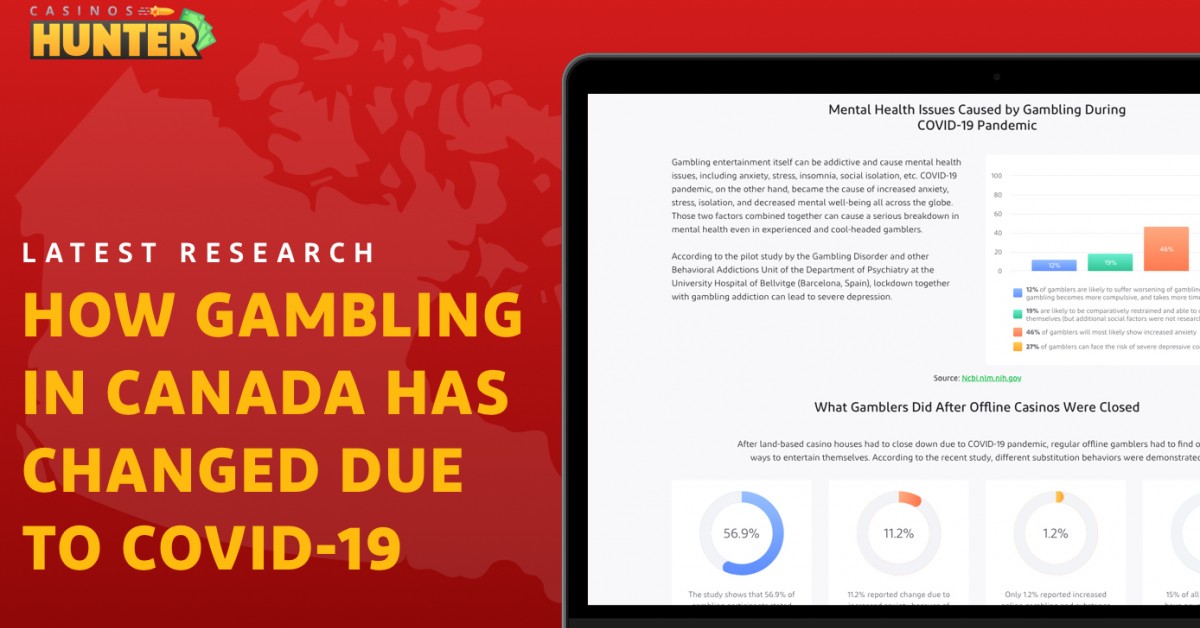Does Gambling Cause Mental Health Issues
- Mental Health Issues List
- Job Causes Mental Health Issues
- Does Gambling Cause Mental Health Issues Covid 19
- Does Gambling Cause Mental Health Issues Coronavirus
Compulsive gambling is a legitimate mental health issue that responds well to treatment. The longer the compulsive gambling goes untreated, the greater the financial, emotional, or health consequences become. Co-occurring substance abuse and compulsive gambling treatment are individualized for each client. Gambling and mental health People gamble for a whole range of reasons. While gambling moderately is not a problem, gambling can become an addiction and can be harmful to our mental health. Why do we gamble?
On This Page:
Approximately 10 million people in the United States live with a gambling addiction problem. A gambling addiction occurs when a person continues to gamble despite negative effects that may impact their finances, relationships, or well-being. Gambling addiction involves compulsions to seek out gambling, betting, and wagering, and the end result can be devastating for the gambler as well as his or her family.1People who struggle with a gambling or shopping problem often hide their issues out of shame and a desire for secrecy.
This often delays recovery and treatment and allows a gambling addiction to lead to other serious effects, including loss of jobs, failed relationships, and severe debt. Problem gambling is often associated with mental health problems, including depression, anxiety, and mood disorders. Gambling problems don’t just affect mental health. People who have struggled with gambling benefit greatly from treatment and often also need family counseling and financial coaching to fully recover.
Christine’s Story
“You have to do the work in all areas of your recovery, including your finances. I chose to not do all the work necessary for a well-rounded recovery. Even though I was no longer actively gambling, my financial and legal troubles told me I still needed to work with a gambling addiction specialist. After my troubles occurred, I worked with a specialist for a year while I went through the legal mess I created.
“Now that I have reached eight and a half years in recovery from gambling addiction and alcohol abuse, I know it is my job, my duty, to be of recovery service to others. Life today is good!”
— Read Christine C.’s story and more at www.HeroesInRecovery.com
The Cost of Problem Gambling in Your Community
Studies have shown that more than $6 billion has been lost each year to gambling addictions. This problem is far-reaching and can cause both individuals and companies to panic and act in ways they would not normally act.1
Gambling addictions also place a severe hardship on prison systems, public assistance programs, and legal systems. There are many consequences of gambling addictions that result in community economic costs.

Some community gambling addiction dangers include:
- Increased rates of unemployment
- Bankruptcy
- Fraud and check forgery
- Forced home sales
- Increased alcohol and drug abuse
- Poor mental and physical health of individuals and families
How Gambling Impacts the Individual and Family

While the addicted person will definitely suffer during a gambling addiction, that person’s family will also face challenges. The stress that the problem gambler experiences may cause irritable behavior, secrecy, and arguments. Calls from creditors and bill collectors erode relationships. Financial strains impact all family members, and strained relationships make the experience difficult for even extended family members, friends, and colleagues.
The children of gambling addicts also suffer in many ways, including:
- Emotional neglect and abandonment (and even physical abandonment) when one parent is consumed in an addiction.
- Stressed and irritable parents may lash out at children angrily, and even if they do not, these children can sense their parents’ tension.
- Children of people with gambling addiction are at higher risk of experiencing their own addictions later in life.
If You Can’t Stop Gambling, Your Life Will Be Forever Changed
The effects of a gambling addiction are often quite clear. A large number of people who engage in compulsive gambling will use credit cards and debit cards to pay casinos or internet gambling organizations. If you engage in problem gambling, you will most likely incur debt, damage your relationships, and lose sight of your goals in life.
There are many ways that an untreated gambling addiction can change your life.

- Family problems are very common. Almost all compulsive gamblers around the world have issues at home with their family because of their addiction.
- Financial devastation is unavoidable. People with a gambling addiction will go to extreme measures to get money to gamble. Many people eventually resort to stealing, taking out large loans, or other desperate means that are out-of-character.
- Job loss is very high among gambling addicts. Gambling addiction may lead you to miss work, or come to work distracted. Gambling addictions will interfere with work relations, promotions, and employment.
No matter how bad a gambling addiction has become, it is possible to turn things around. Call us for help today at 269-280-4673.
A new review suggest that individuals receiving treatment for gambling problems should also be screened for personality disorders.
The recommendation comes after researchers from Monash University in Australia discovered treatment for gambling problems is often complicated because an individual may also suffer from a personality disorder.
Experts say that problem gambling creates a multitude of intrapersonal, interpersonal, and social difficulties.
Gambling problems are a worldwide issue as roughly 2.3 percent of the population suffers from this behavior. Previous research has shown that people with gambling problems suffer from a range of psychiatric disorders affecting their mood, levels of anxiety, and their use of substances.
In the new study, Meredith Brown and colleagues reviewed existing research to establish patterns and factors that link problem gambling and various personality disorders.
They found that people with gambling problems share similar characteristics to people with antisocial, borderline, histrionic and narcissistic personality disorders.
Investigators discovered borderline personality disorder (BPD) is more prevalent among people with gambling problems than those who can control their gambling. This personality disorder is associated with unstable interpersonal relationships and self-image, and marked impulsivity.
The review discovered that the same biological and social factors are at play in causing problem gambling and personality disorders. These include poor parental relationships during childhood, possible abuse, difficulty in controlling emotions, substance abuse, depression, and anxiety disorders.
Mental Health Issues List
Individuals with gambling problems and those with BPD tend to be socially isolated, have problematic relationships with their peers, lower self-esteem, and feelings of hopelessness and dissociation.

They are also emotionally more vulnerable, and struggle with anger issues and feelings of shame. People with gambling problems, like people suffering from BPD, also tend to be impulsive, revert to interpersonal violence and often commit suicide.
Brown advises that routine screening for personality disorders be part of any treatment option considered for people with gambling problems. Detection of a personality disorder can help clinicians customize interventions and improve outcomes.

Job Causes Mental Health Issues
The practice could alert clinicians to potential difficulties in treatment, and to the need to set more stringent behavioral limits. Screening will also help clinicians to adjust their expectations of what treatment may achieve, and how long it may take.
Because people with both problem gambling and personality disorders are three times more likely to drop out of treatment than those with problem gambling but no personality disorders, screening could also help practitioners to be more tolerant towards poor compliance and to encourage adherence to treatment.
The review highlights that dialectical behavior therapy, which has shown success in treating BPD, could also help a subgroup of problem gambling.
This intervention is based on Eastern principles and teaches clients the core skills of mindfulness, distress tolerance, emotion regulation, and interpersonal effectiveness, in combination with more traditional behavioral and motivational strategies.
“The fact that problem gambling and high levels of psychopathology often go together indicates a need to undertake routine and systematic screening and assessment of problem gamblers who sign up for treatment,” said Brown.
“Because the clinical picture of people with gambling problems who also suffer from personality disorders is more complicated, their successful treatment is also more difficult.”
Source: Springer
Does Gambling Cause Mental Health Issues Covid 19
Woman gambling photo by shutterstock.